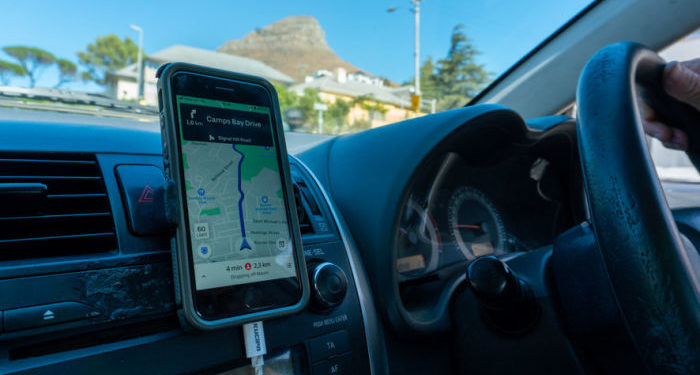In a move that has sparked controversy among Nairobi commuters, a group calling itself “Nairobi Online Drivers” has issued a public notice declaring their intention to charge higher fares than those displayed on popular ride-hailing apps.
The notice, widely circulated in taxis across the Kenyan capital, outlines a new pricing structure that significantly increases fares for rides booked through platforms such as Uber, Bolt, and Faras. The group cites “high economic standards” as the reason for their decision.
According to the notice, drivers will now negotiate charges with passengers, using a formula that adds a minimum of 1.5 times the original app price. For instance, the minimum fare for small category vehicles has been set at KES 300, with additional charges applied based on the fare shown in the app.
The notice states, “Any trip app shows KES 300 to KES 500, drivers are advised to add KES 100 to KES 150 on top of the original price.” For longer journeys, the surcharges increase, with trips showing KES 1000 to KES 1500 on the app incurring an additional KES 400.
The group has also outlined fixed prices for trips to and from Jomo Kenyatta International Airport (JKIA) and the Standard Gauge Railway (SGR) terminal. These range from KES 1000 for local trips to KES 5000 for journeys to Limuru.
The move has prompted a backlash from users of ride-hailing services. One commuter expressed frustration on social media, questioning the legitimacy of the drivers’ actions: “Really? These Uber/Bolt drivers are delusional for real. ‘Drivers are advised to add…’ by who?”
Another user reported a concerning trend: “There is something online taxis (Uber, bolt, etc.) are doing. Once you make a request, the driver comes and, once you board, they ask you the amount displayed on the app. After that, they inform you that they can’t transport you for that amount.”
This user claimed to have been forced to pay an additional KES 200 due to time constraints. They also alleged the existence of a large online platform where drivers communicate and coordinate their actions, potentially rejecting rides from passengers who refuse to pay the higher fares.
As frustration mounts among users, the ride-hailing companies at the center of this controversy have remained silent. Uber, Bolt, and Faras have not yet responded to client questions about the drivers’ move, leaving passengers uncertain about the official stance of these platforms on the unilateral fare increases.
















